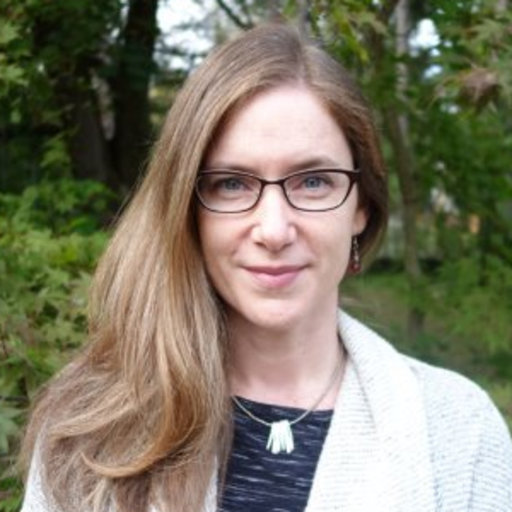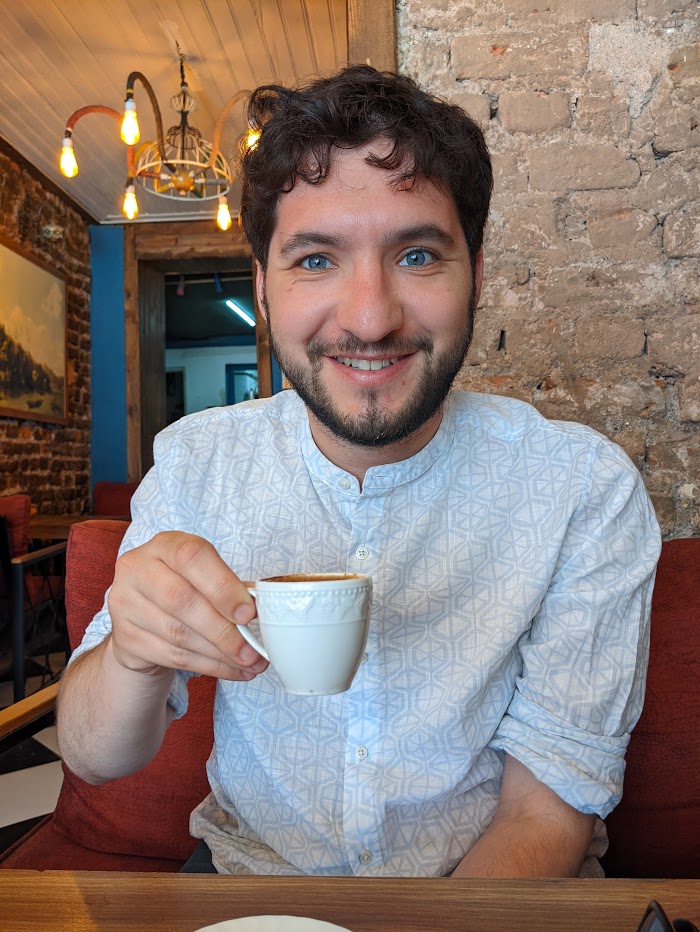Meet the team

Samuel Wang
Professor of Neuroscience
Sam Wang is a professor at Princeton University and the director of the Princeton Gerrymandering Project and the Electoral Innovation Lab. He is one of the nation’s leading experts on redistricting, representation, and election reform, bringing rigorous, data-driven methods to the study and repair of American democracy.
In 2004, Wang pioneered statistical techniques for aggregating state polls to predict U.S. presidential elections, leading to the creation of the Princeton Election Consortium. In 2012, he identified systematic distortions in congressional representation. Understanding the causes of these distortions launched his focus on voting rights and led to the founding of the Princeton Gerrymandering Project, which develops and applies nonpartisan, evidence-based standards to detect and prevent gerrymandering. In 2020, he launched the Electoral Innovation Lab, now an independent organization dedicated to building a practical science of democracy reform nationwide.
Wang has contributed to election law cases in North Carolina, Maine, and New Jersey, where he served as technical consultant to the nonpartisan member of both the state’s congressional and legislative redistricting commissions. His research and commentary have appeared in the Stanford Law Review, Election Law Journal, New York Times, and Washington Post, and his analysis has been cited by Chief Justice John Roberts in U.S. Supreme Court opinions.
Originally trained in physics at the California Institute of Technology, where he graduated with honors at the age of 19, Wang earned his Ph.D. in neuroscience from Stanford University. He took time from his postdoctoral work to serve on Capitol Hill, analyzing science policy in the U.S. Senate. His scientific research explores how the brain learns from experience and has been recognized by major foundations, including Sloan, Keck, and McKnight. He is also the author of two popular books about the brain: Welcome to Your Brain: Why You Lose Your Car Keys But Never Forget How to Drive and Other Puzzles of Everyday Life and Welcome to Your Child’s Brain: How the Mind Grows from Conception to College.

Jonathan Cervas
Collaborator/Contributor
Jonathan Cervas is an Assistant Teaching Professor at Carnegie Mellon University (CMU), specializing in redistricting, voting rights, and American political institutions. He earned his Ph.D. in Political Science from the University of California, Irvine, in 2020. Cervas has held positions as Special Master in New York, Consultant to the Wisconsin Supreme Court, and Redistricting Consultant to the Commonwealth of Pennsylvania. He also served as Assistant to the Special Master on three federal court cases drawing remedial maps for either the Voting Rights Act or racial gerrymandering, and prepared a remedy for the federal court in Allen v. Milligan. Additionally, he has testified as a credible fact expert in numerous redistricting lawsuits. He has peer-reviewed articles in various journals, including the Proceedings of the National Academy of Sciences, the Election Law Journal, Albany Law Review, and Political Geography.
Alumni, Contributors and Acknowledgements

Hannah Wheelen
Team Leader

Amanda Kmetz
Data Analyst

Ari Goldbloom-Helzner
Data Analyst

Indraneel Purohit
Software Developer

Brian Remlinger
Founding Member

Will Adler
Data Analyst

Ben Williams
Legal Analyst

Zachariah Sippy
Visiting Scholar

Rick Ober
Legal Analyst

Keena Lipsitz
Affiliate

Kyle Barnes
Affiliate

Sandra Chen
Legal Analyst

Ethan Arsht
Visiting Fellow

Setu Loomba
Data Analyst

Drew Curran
Data Analyst
Numerous further contributors have contributed to the success of the Princeton Gerrymandering Project, including but not limited to:
- Lafayette College designed our bug logo.
- Adam Podowitz-Thomas was senior legal strategist. Helen Brewer and Aaron Barden were legal analysts.
- Jason Rhode worked on communications and outreach.
- Rob Whitaker designed an earlier verison of our website, including the geographic test explorer.
- Madeleine Parker bolstered our GIS capabilities.
- Aimee Otsu helped improve the user interface of the website.
- Sung Chang did early work on the map visualizer.
- Tim Mack compiled and cleaned our election data.
- John O'Neill assisted with our data collection process and drew some political maps.
- Laura Williamson strengthened our efforts at outreach and partnership with reformers.
- Hope Johnson and Baxter Demers were data analysts.
- Steve Birnbaum did business development.
- Michaela Daniel '22 did outreach for Representable.
- Jesse T. Clark was a postdoctoral researcher. During New Jersey redistricting he was an observer and assisted PGP staff.
- Hayden Goldberg contributed to legal scholarship.